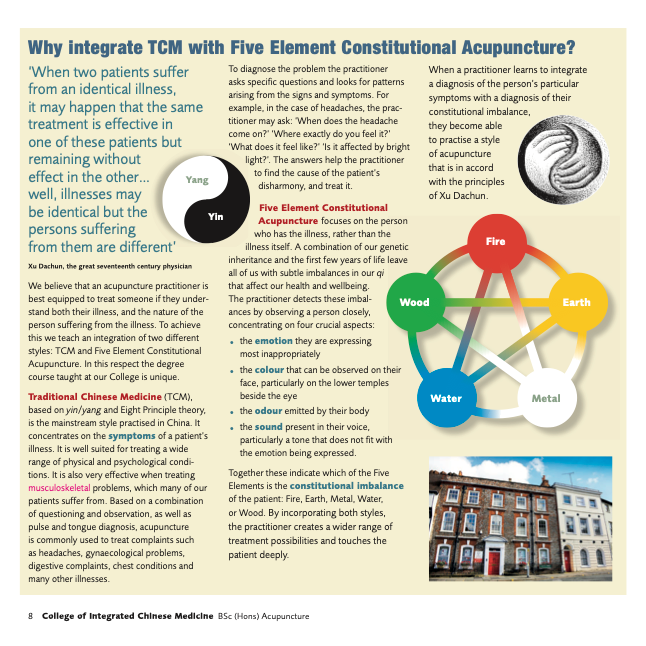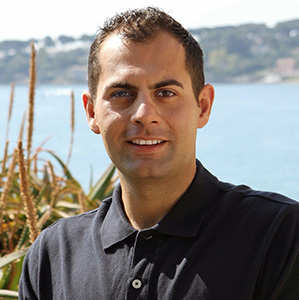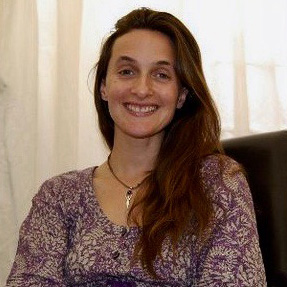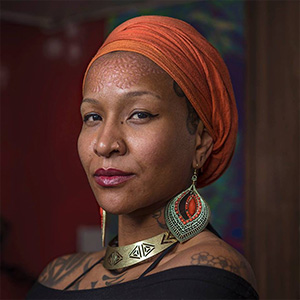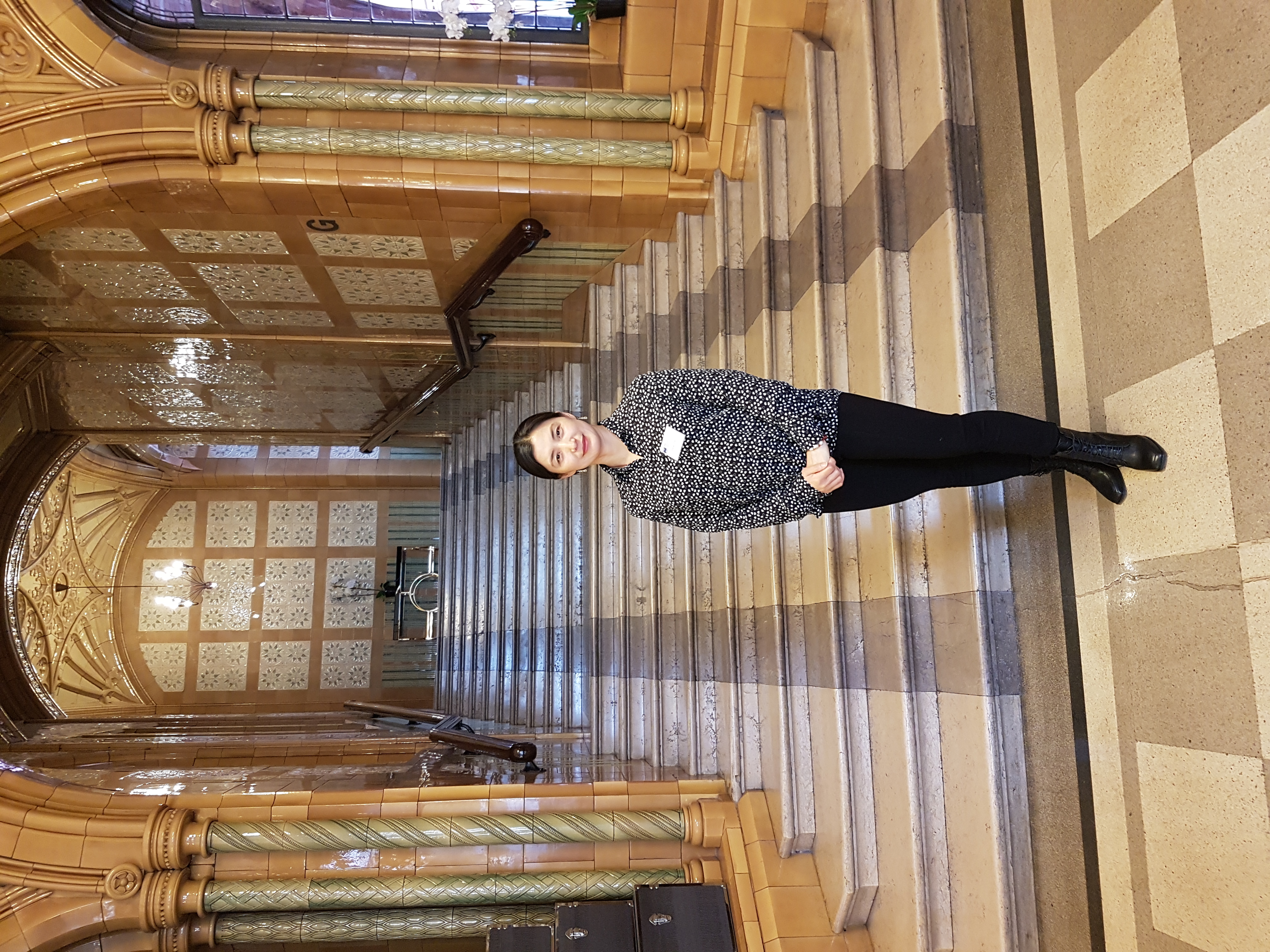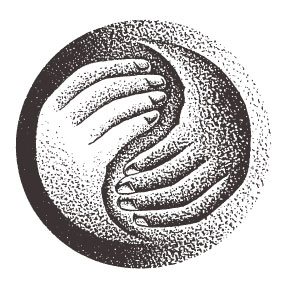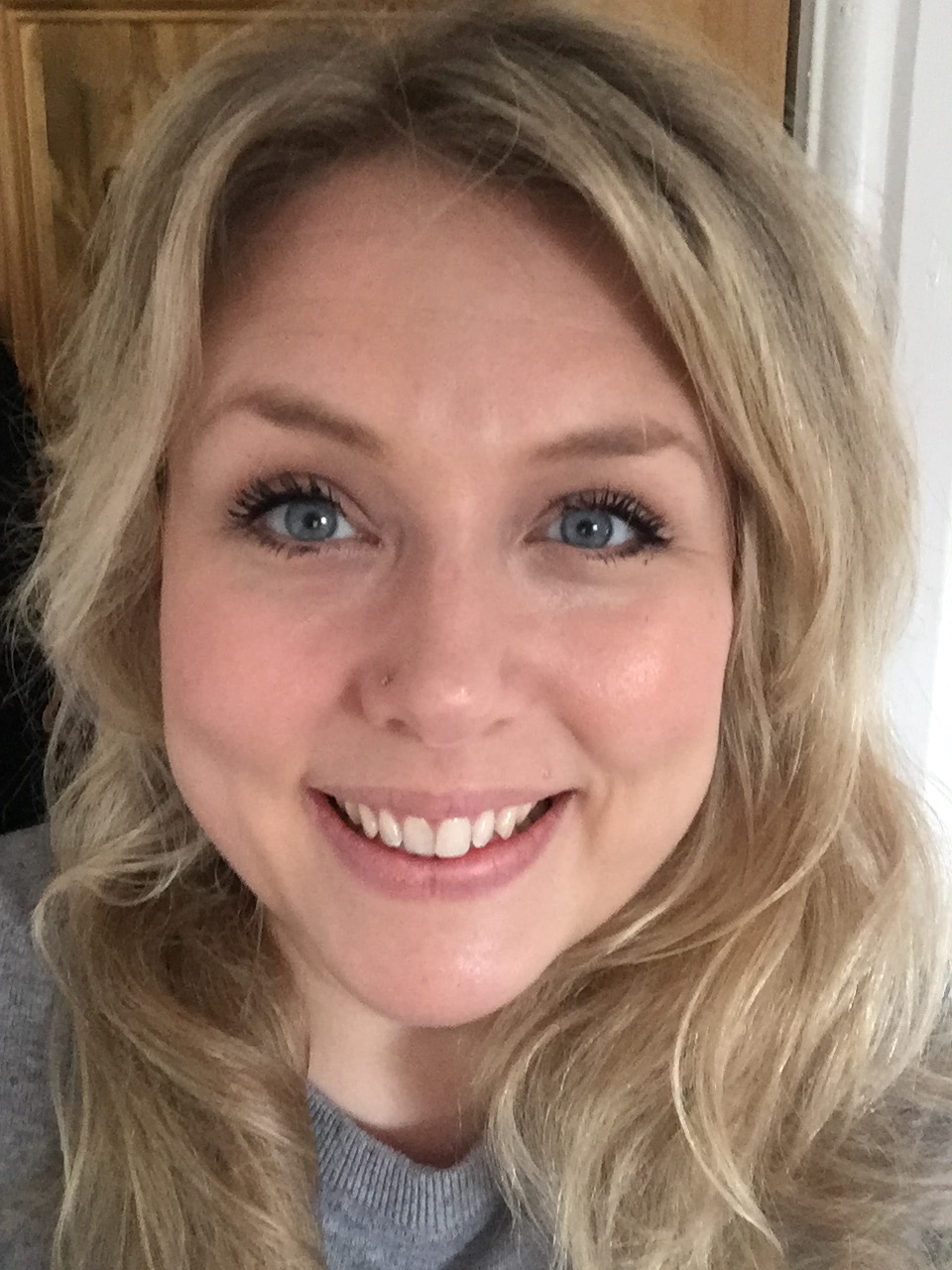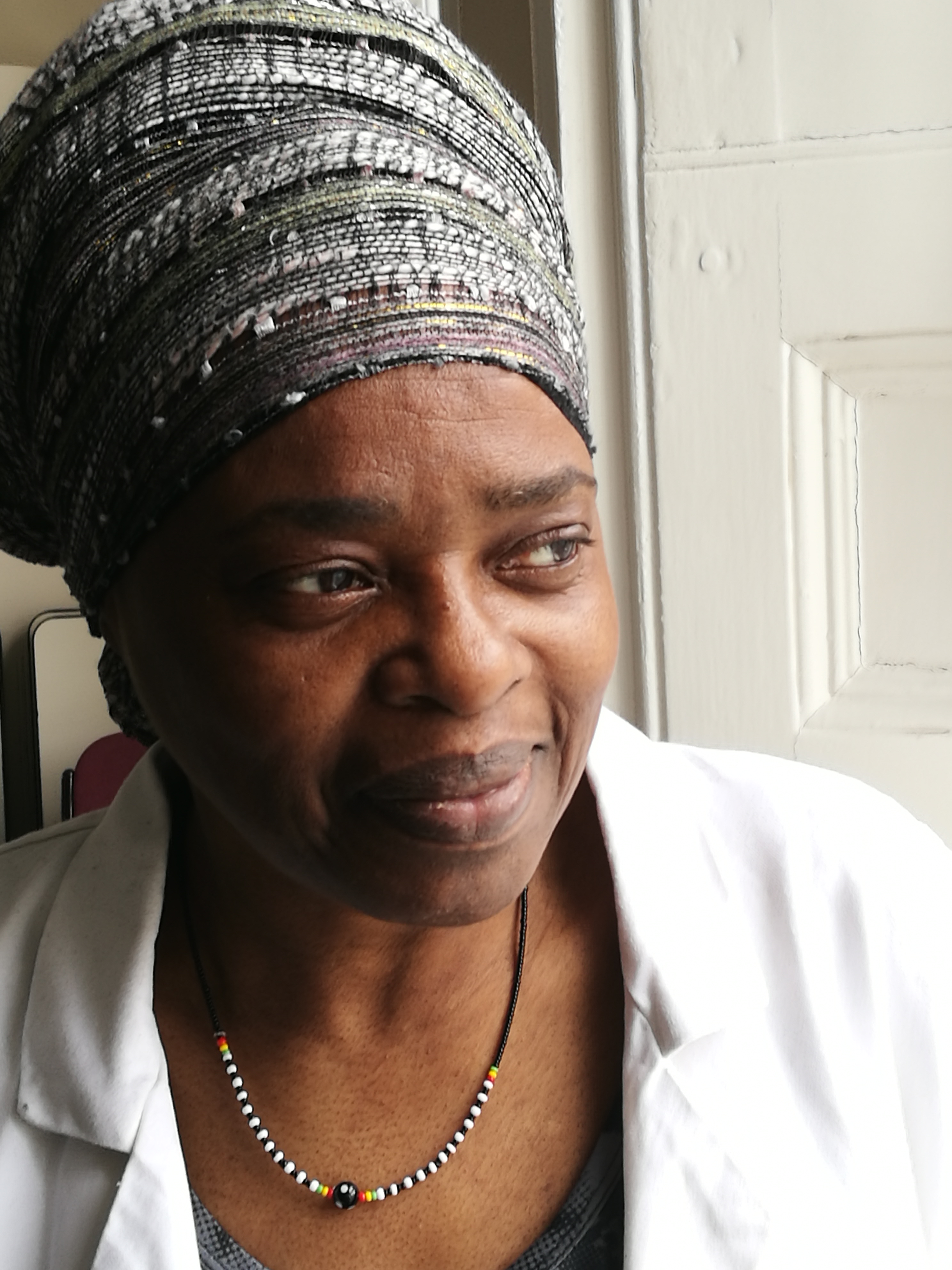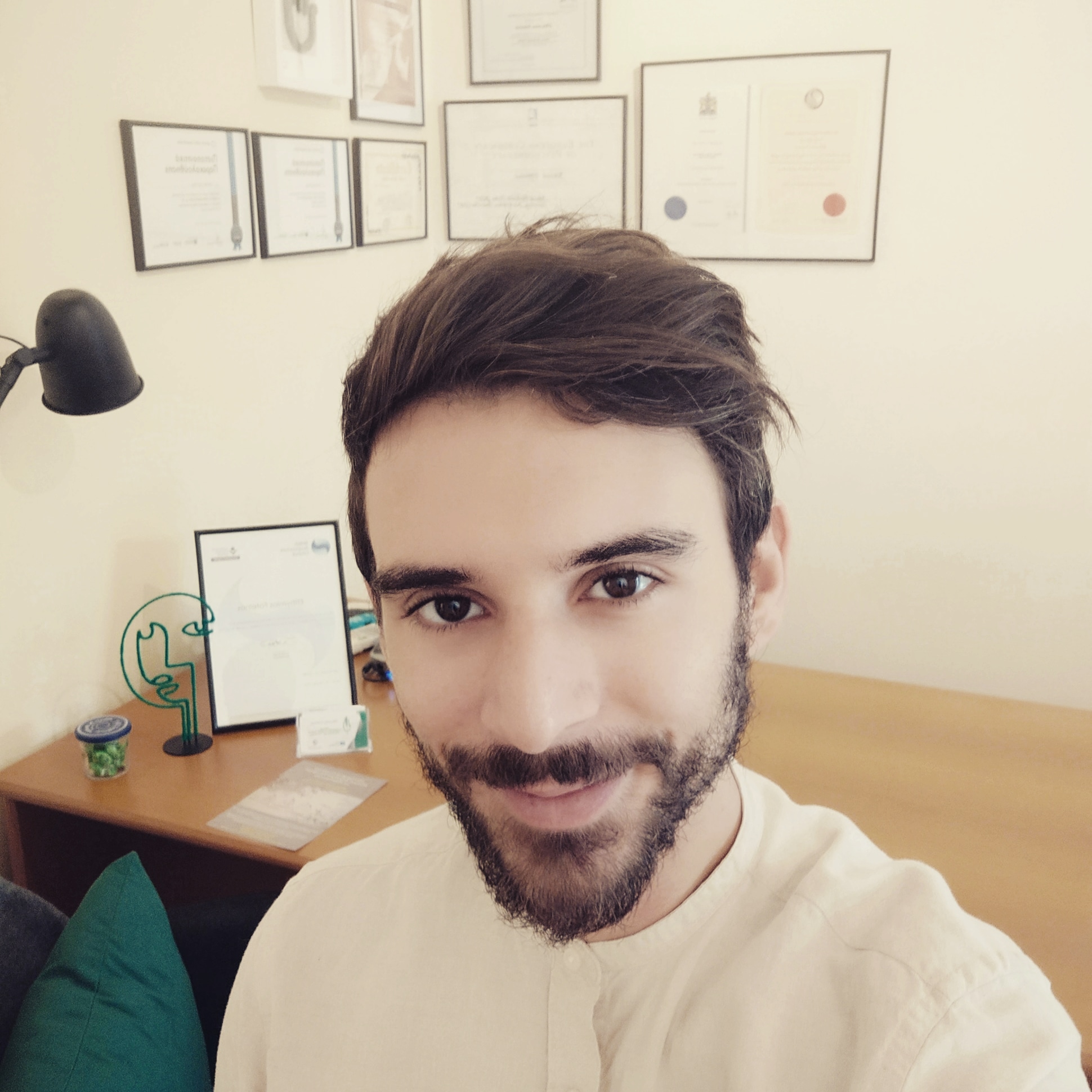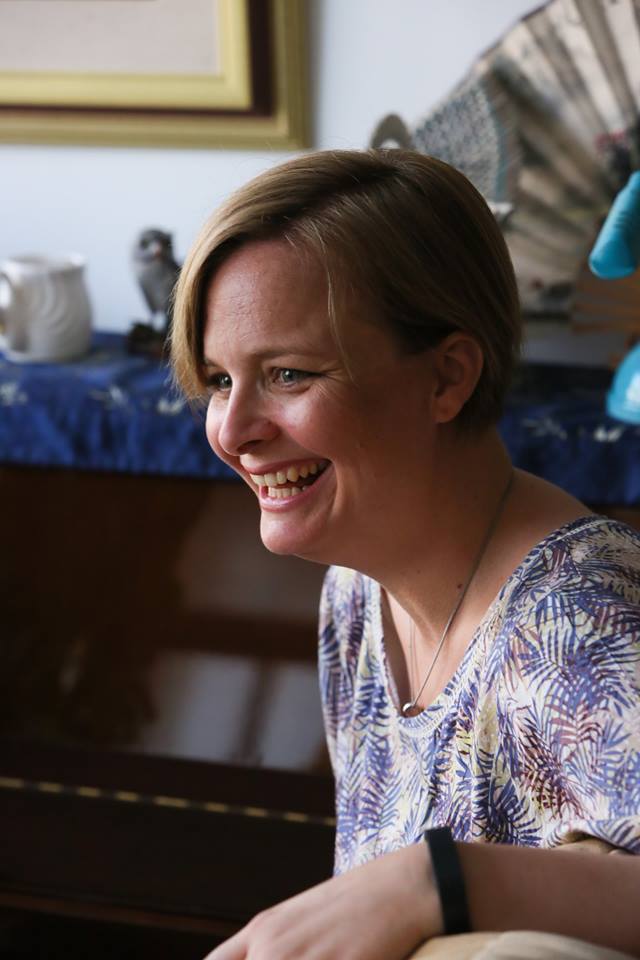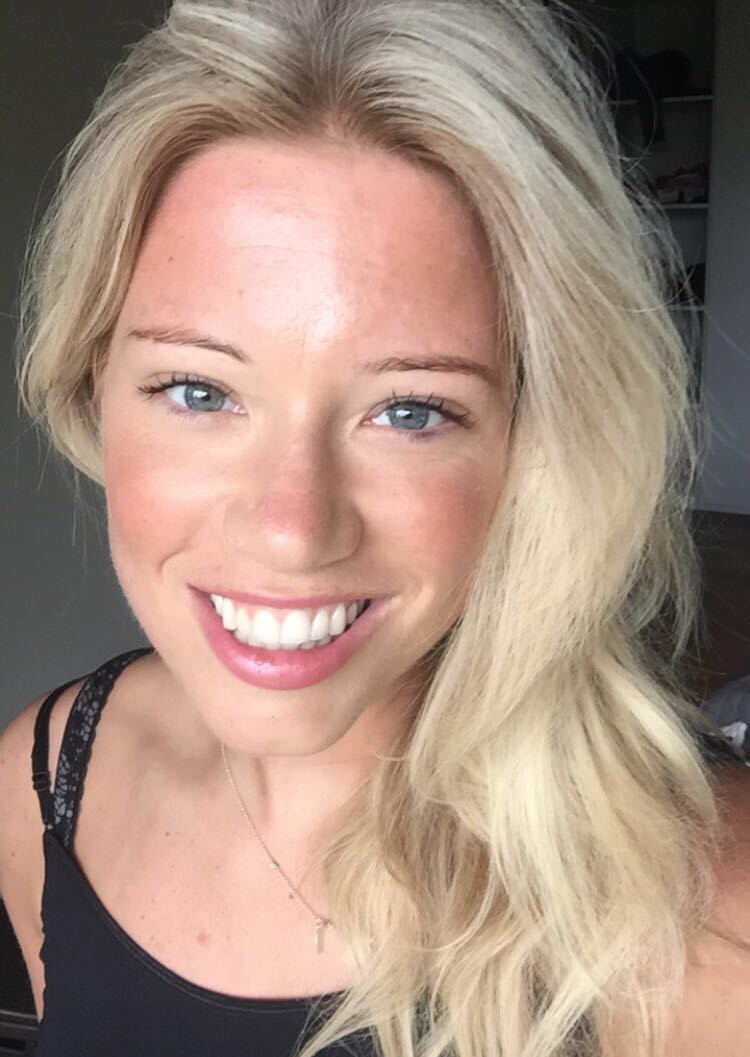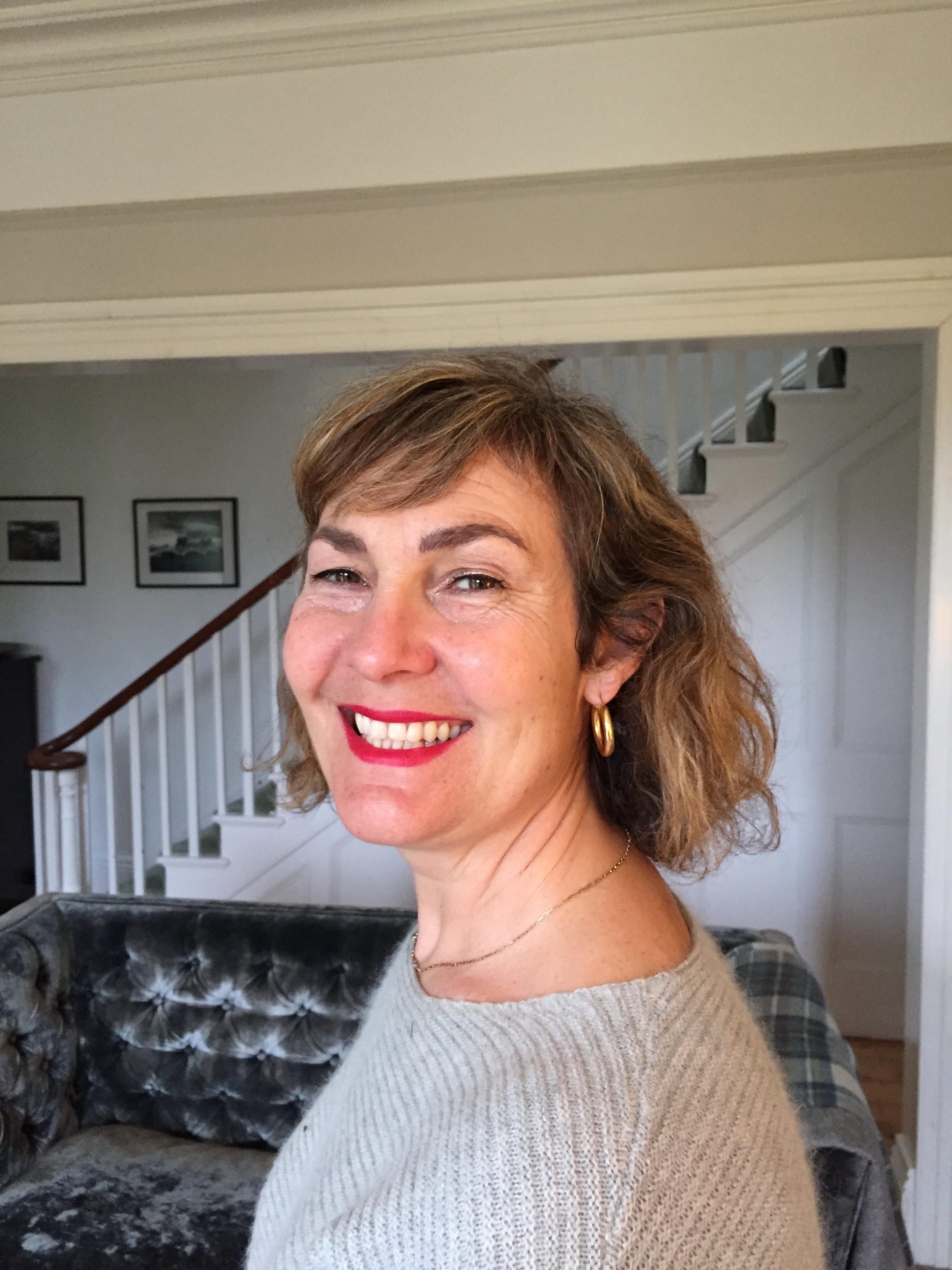The curriculum
Study is undertaken at three levels (levels 4, 5 and 6), which correspond to each of three years of study. The course is made up of modules which are linked as six themes (known as programmes) running throughout the course, providing a balance of theoretical and practical skills. The topics covered within the six course programmes are listed below. More than a third of all contact hours are dedicated to clinical observations and clinical practice.
Chinese medicine level 4
- History of Chinese medicine
- Yin/yang
- Five elements
- Colour, sound, emotion and odour
- Functions of the organs/officials: lungs, large intestine, stomach, spleen, heart, small intestine, bladder, kidneys, pericardium, triple burner, gall bladder and liver
- The substances: spirit, qi, jing, blood and body fluids
- Internal, external and miscellaneous causes of disease
- Eight principles
- Types of points
- Diagnosis of mind, body and spirit
- Husband-wife imbalance
- Aggressive energy
- Syndromes of all yin and yang organs
- Combined syndromes
Chinese medicine level 5
Differentiation of common disease patterns from the viewpoint of Chinese medicine, including: lower back pain and musculo-skeletal problems, gynaecology (including premenstrual tension, dysmenorrhoea, amenorrhoea, infertility, menorrhoea, discharges, late periods, short cycle), diarrhoea and constipation, headaches, post viral syndrome, hypertension, asthma.
- The jingluo system
- Phlegm and damp
- Dietary therapy
- The function of points of all the organs
- Seven dragons
- Entry and exit points
- Miscellaneous points
- Windows of the sky points
Chinese medicine level 6
Differentiation of common disease patterns from the viewpoint of Chinese medicine, including: windstroke, skin disease, epilepsy, mental diseases, atrophy syndrome.
- The treatment in childbirth
- The treatment of children
- The treatment of addiction
- The eight extra channels
- Overview of complementary therapies
- Auricular acupuncture
- Six stages, four levels, three jiao
- Bereavement and care of the dying
- Electro-acupuncture
- Deep pathways of all channels
Conventional medical science levels 4, 5 and 6
- Anatomy
- Physiology
- Pathology
- Pharmacology
- Clinical medicine
- Structural diagnosis
- Conventional clinical skills
- Resuscitation and basic first aid
- Energetic interpretation of diseases and drugs
- Warning features of disease
Point location level 4
- Introduction to channels, points and point location
- Location of 'command' points of all yin and yang channels
- Location of lower sacral, ren points, back shu and du points
Point location level 5
- Location of body points including: shoulder points, upper jiao points, middle jiao points, lower jiao points, entry and exit points, dragon points, thigh and groin points, head points, windows of the sky and neck points, face points, upper arm points, miscellaneous points
- Review of all points
Research and reflective practice levels 4, 5 and 6
- Introduction to reflective practice
- Introduction to, and exploration of, different paradigms of research in Chinese medicine
- Clinical observations
- Clinical audit
- Proposal for dissertation
- Tutorials for dissertation
Professional practice levels 4 and 5
- Patients in class
- Taking a case history
- Traditional diagnosis
- Case history analysis
- Discussion of diagnosis, treatment strategy and aetiological advice
- Treatment reactions
- Ethics and patient management
- Case histories in class
Professional practice level 6
- Treating patients under supervision in the student clinic
- Clinical class discussions
- Clinical observations
- Overview of complementary therapies
- Setting up in practice
- Deciding who to treat
- Keeping accounts
- How to talk to patients
- Bereavement and care of the dying
- Promoting your practice
- Supervision and continuing professional development
- Patient management and boundaries in the treatment room
Acupuncture skills and techniques levels 4, 5 and 6
- Rapport making skills
- Structure of the emotions
- Patient interaction and emotion elicitation
- Facial characteristics of emotions and observing the face
- Learning skills and memory aids
- Colour, sound, emotion and odour exercises
- Pulse diagnosis
- Tongue diagnosis
- Needle technique and clean needling
- Moxibustion and the use of moxa sticks, moxa cones, moxa boxes, and moxa on a needle
- Cupping
- Cutaneous and bleeding needle
- Introduction to guasha
- Palpation and needle technique for channel problems
- Tuina

